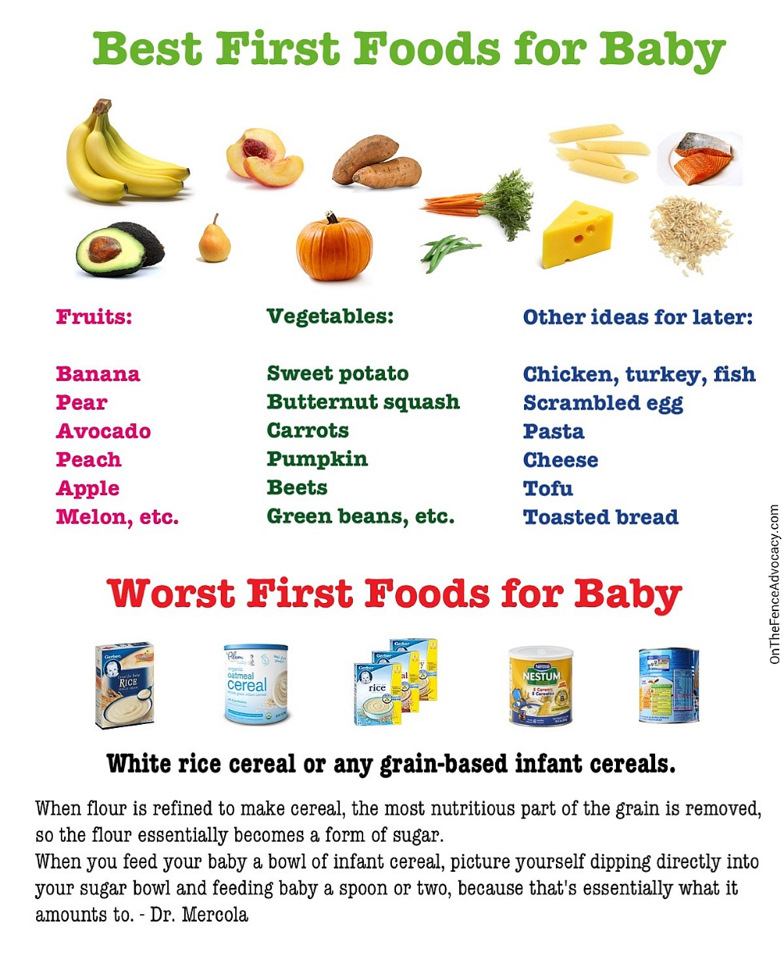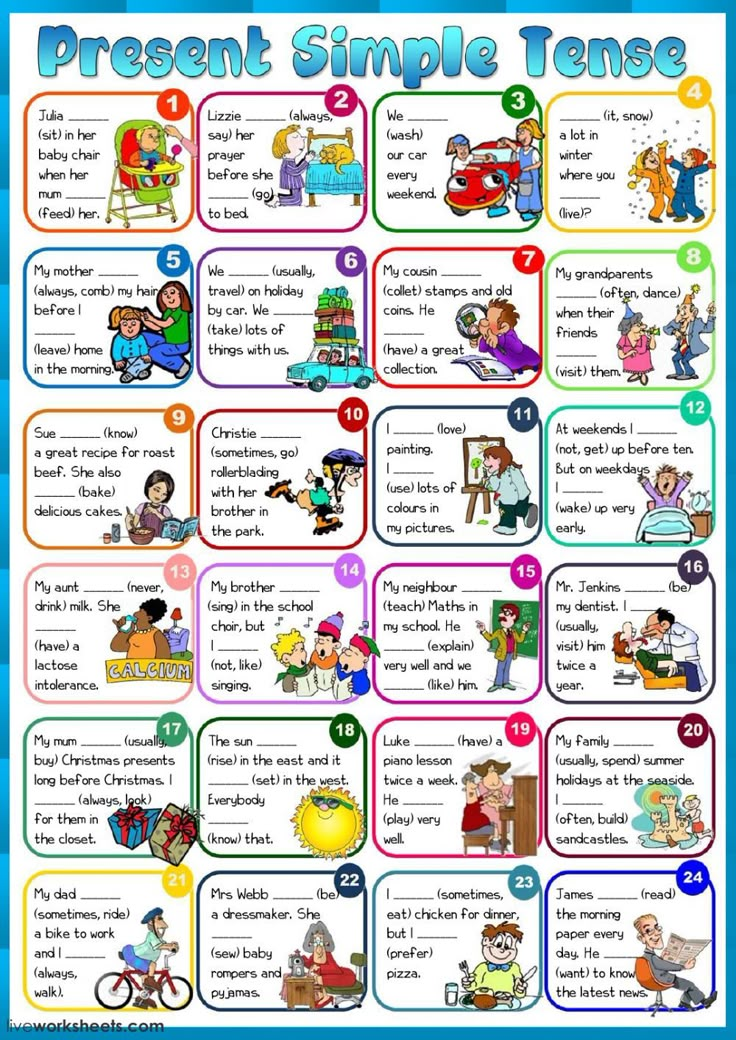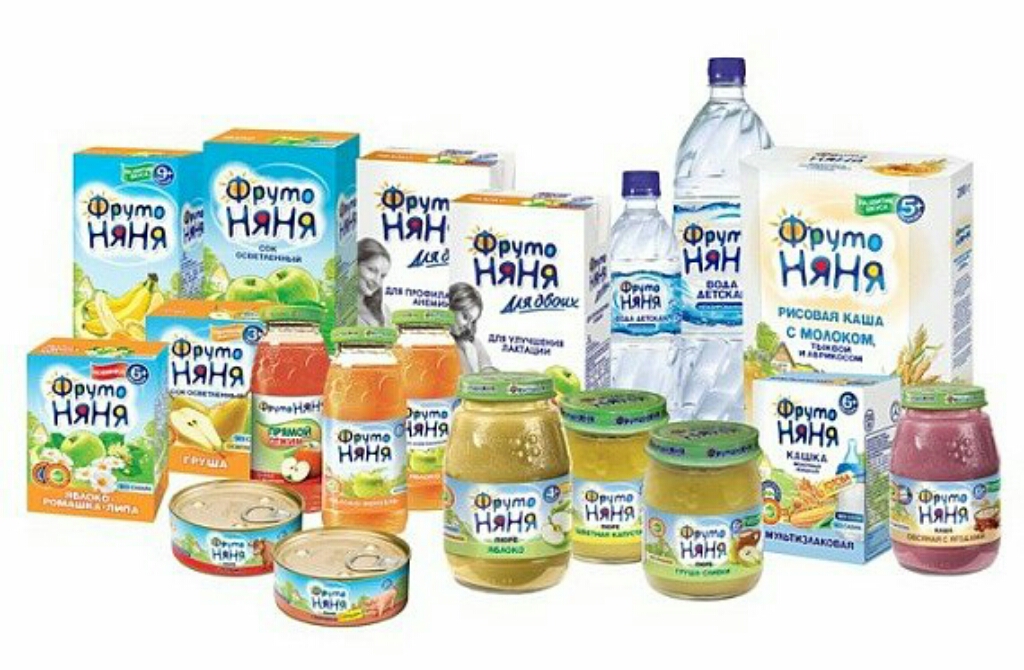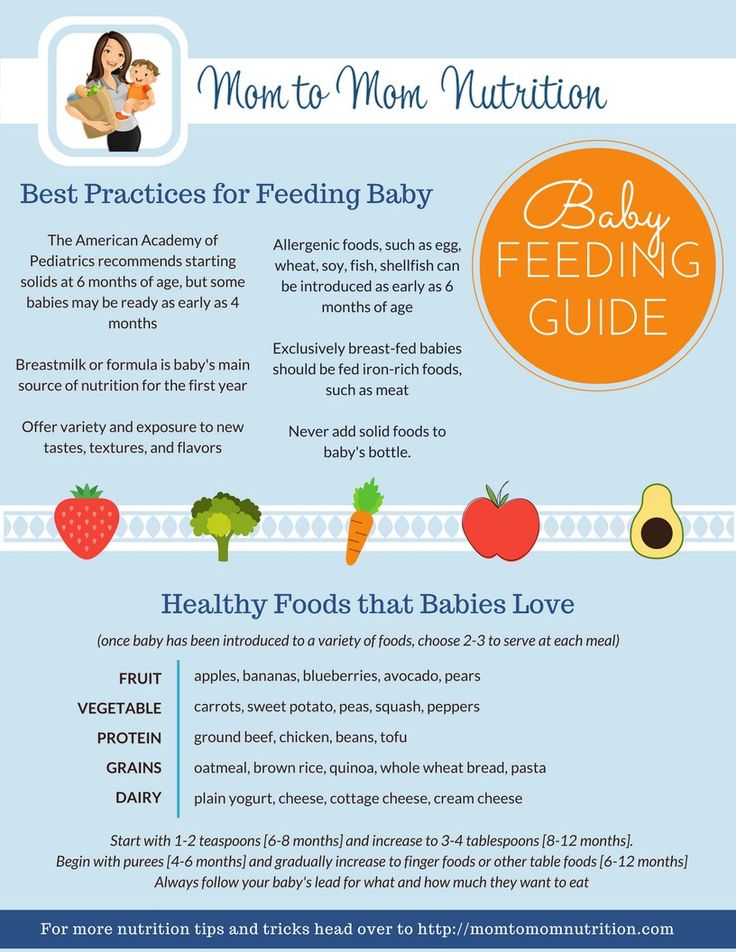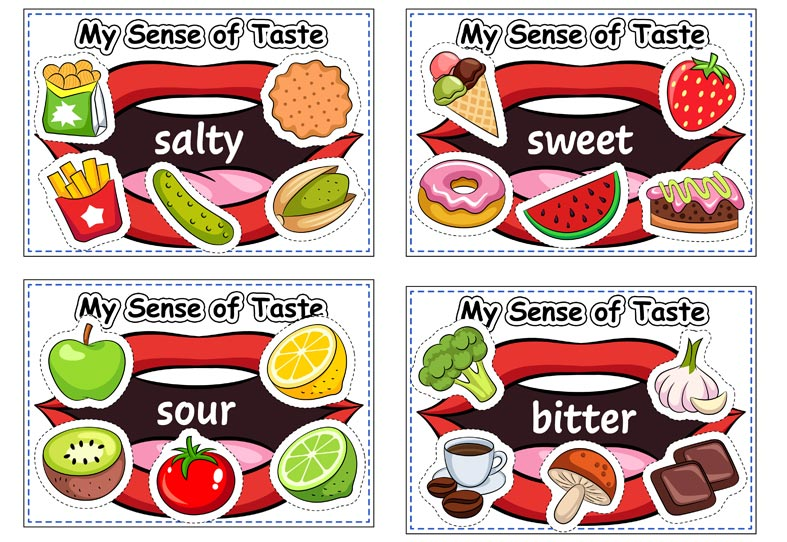Foods to eat for smart baby
Foods to Eat During Pregnancy to Make Baby Smart
Foetal brain development usually starts after 28 days of conception when the neural tube is formed. During this time, the mother must intake adequate amounts of nutrients because what a mother eats during pregnancy has a major impact on a baby's brain development inside the womb and the cognitive responses of the child at a later stage in life.
This blog will tell you about the 15 most important foods to eat during pregnancy to make the baby smart.
Foods to Eat During Pregnancy to Make Baby Smart
The two most important nutrients that play a significant role in brain development are folate and choline. They help prevent neural tube defects. Other essential nutrients include iodine, iron, protein, and vitamin D.
The following are some of the most popular foods to eat during pregnancy to make the baby smart.
1. Eggs
Having eggs during pregnancy or breastfeeding helps enhance brain development, making the baby smarter. Research suggests that eggs contain nutrients that the body can easily absorb. Eggs are a rich source of choline, fatty acids, essential vitamins and minerals, and bioactive compounds that enhance foetal brain development. Pregnant women can have 2 hard-boiled eggs each day.
2. Meat
Having meat during pregnancy also helps boost brain development in babies. Research suggests that meat is rich in iron, zinc, and vitamin B12, which are essential nutrients for brain development. Zinc forms a part of the DNA and acts as a neurotransmitter. Its deficiency can lead to reduced memory in babies. Vitamin B12 is also beneficial for the psychiatric health of babies. Meat also contains niacin, a compound that improves cognitive function.
3. Bananas
Banana is another most important foot brain development during pregnancy because it is rich in folic acid.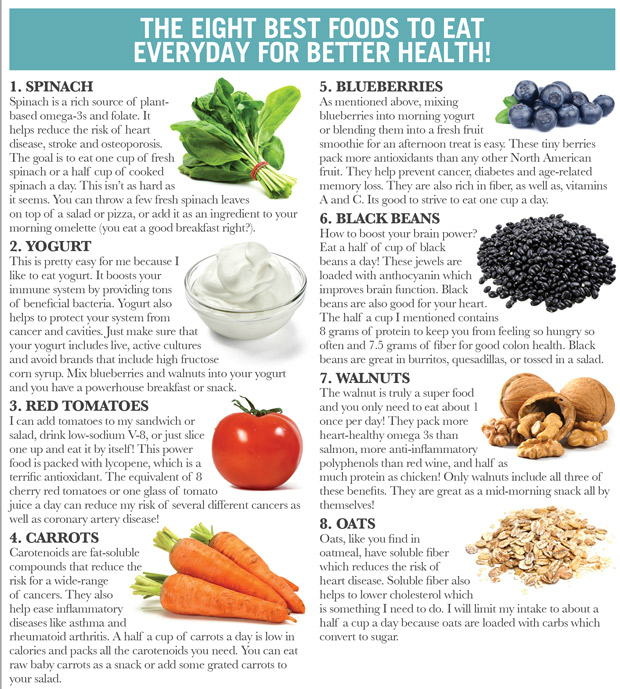
4. Dairy products
Milk and other dairy products like yoghurt and cheese are essential foods during pregnancy. Research suggests that milk and dairy products are rich in iodine and protein sources necessary for foetal brain development. Milk also contains choline that helps make your baby smarter. Research suggests that iodine deficiency during pregnancy can cause damage to the brain of the foetus. Children of mothers who had iodine deficiency in pregnancy are prone to neurological disabilities.
5. Spinach
Another iron and folate-rich food that can enhance foetal brain development is spinach. According to research, spinach contains folic acid, which is beneficial in making babies smarter. Spinach also contains omega-3 and omega-6 fatty acids. According to research, omega 3-fatty acids and iron improve cognitive ability in children.
6. Salmon
Eating fish like salmon and tuna is also good for developing a baby's brain as they are a rich source of choline.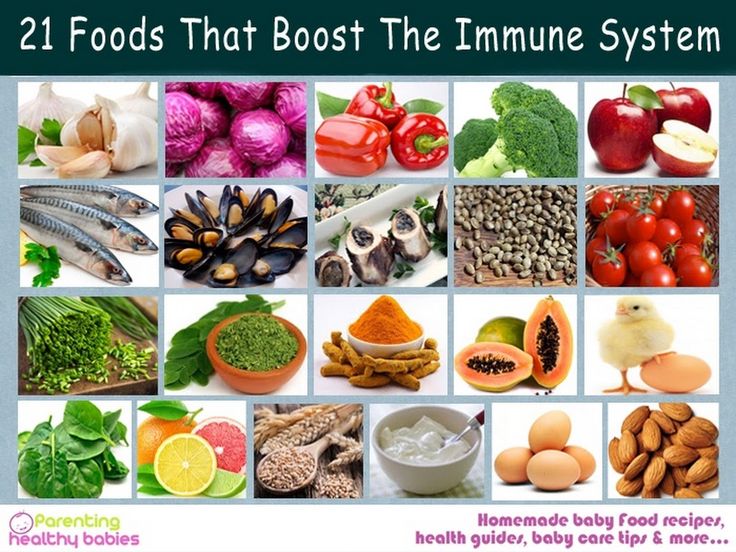 Fish also contain good amounts of omega-3 fatty acids. According to research, docosahexaenoic fatty acid (DHA), a type of omega-3 acid, is essential for the fetus's neurodevelopment. DHA is also responsible for the structural and functional development of the fetus's brain. Pregnant women should eat properly cooked fish only.
Fish also contain good amounts of omega-3 fatty acids. According to research, docosahexaenoic fatty acid (DHA), a type of omega-3 acid, is essential for the fetus's neurodevelopment. DHA is also responsible for the structural and functional development of the fetus's brain. Pregnant women should eat properly cooked fish only.
7. Legumes
Legumes like kidney beans, soybean, chickpea, and peanuts are also rich sources of iron, antioxidants, and folate that help make your baby smarter. Legumes are also rich protein sources, which is again beneficial for your baby's brain. Research suggests that a low protein diet by a mother during pregnancy can lead to a short-term memory of the child.
Book an online consultation with India's best Nutritionist/Dietician for FREE to know more about what you should eat & what you shouldn't during pregnancy.https://bebodywise.com/schedule-appointment?utm_source=bwblog&utm_medium=Foods+to+Eat+During+Pregnancy+to+Make+Baby+Smart&utm_campaign=first
8.
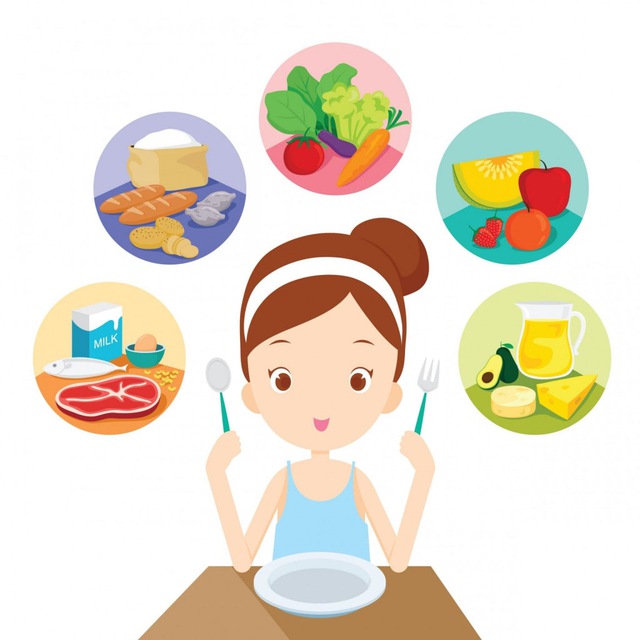 Blueberries
BlueberriesStrawberries, blueberries, and raspberries are considered superfoods as they are rich in antioxidants and various other essential nutrients like folate and vitamin B6. Therefore, they are beneficial to the brain development of the baby.
9. Whole-grain Foods
Oats, brown rice, whole wheat, and other whole-grain foods are rich in protein, iron, and vitamin B6, which are good for brain development.
10. Oranges
Minerals like selenium, copper, magnesium and vitamins C and E are essential during pregnancy. According to research, deficiency of these minerals in the body during pregnancy can harm the development of the foetus. Studies show that insufficient amounts of vitamin C in the diet can have a negative effect on cognitive performance. As oranges are a rich source of vitamin C, they are beneficial for your baby's brain development.
11. Tomatoes
Tomatoes, being a rich source of antioxidants like vitamin C and E, choline, folate, and magnesium, is good for the fetus's brain development.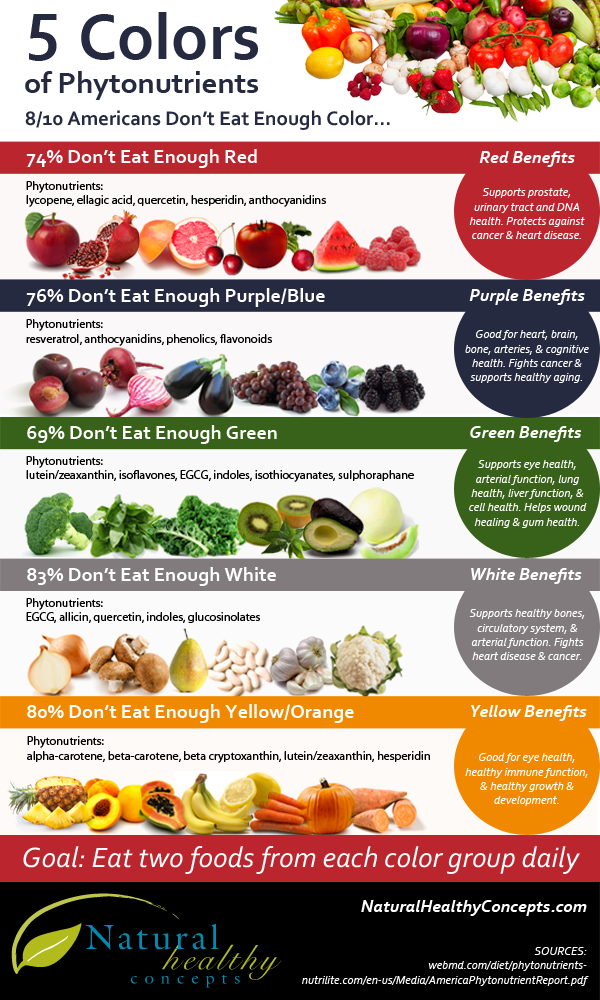 Therefore, it helps your baby to be smart.
Therefore, it helps your baby to be smart.
12. Green Leafy Vegetables
Green leafy vegetables like broccoli, cabbage, lettuce, and kale are rich in bioactive compounds that improve cognitive abilities. Therefore, you must add green leafy vegetables to your diet during pregnancy.
13. Eggplants
These are excellent sources of antioxidants like copper, magnesium, vitamin C, and vitamin B6. So, eating eggplants during pregnancy can help make your baby smart.
Book an online consultation with India's best Nutritionist/Dietician for FREE to know more about what you should eat & what you shouldn't during pregnancy.14. Avocado
This is another healthy food that you can eat during pregnancy for your baby's brain development. Avocados are a rich source of vitamin B and C. They also contain essential nutrients like iron, magnesium, and folate.
15. Nuts and Seeds
Walnuts, pistachios, sunflower, flax, chia, and pumpkin seeds are all rich in protein and omega-3 fatty acids beneficial for the baby's brain development during pregnancy.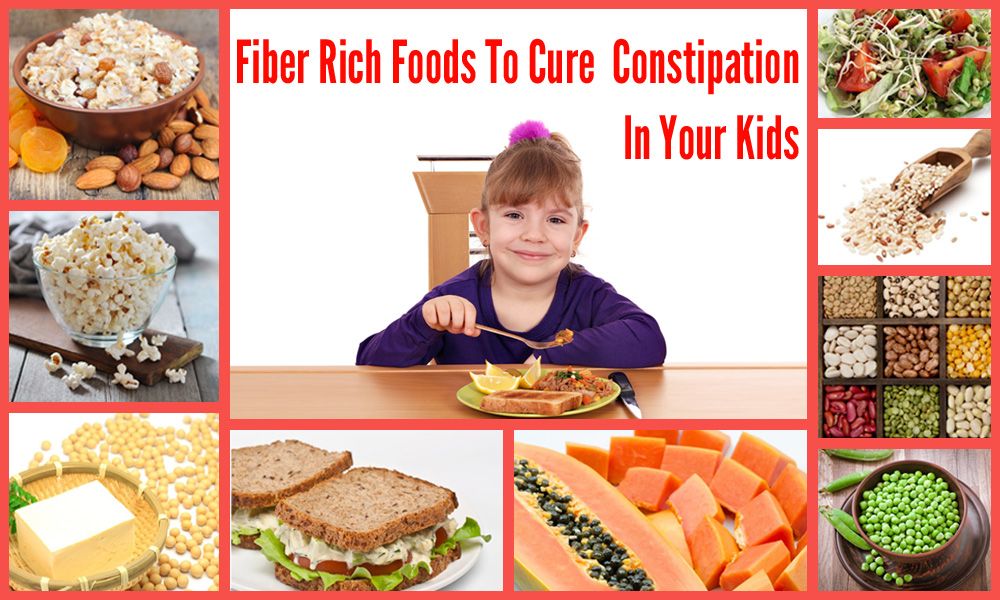
16. Dark Chocolate
As per research, dark chocolate is an excellent source of iron, copper, magnesium, and zinc that promote foetal brain development during pregnancy. You can have 1-2 pieces of dark chocolate daily. However, you should avoid eating dark chocolate in excess because it contains caffeine which can be harmful to the baby.
Best Food for Baby Brain Development During Pregnancy
The best foods for baby brain development during pregnancy are the ones rich in choline, folate, iron, zinc, omega-3 fatty acids like DHA, protein, and vitamin B12. The most popular foods that contain these essential nutrients include eggs, fish like salmon and tuna, red meat, milk and dairy products, spinach and other green leafy vegetables, nuts like almonds, walnuts, and peanuts, pumpkin, flax and chia seeds, whole grain foods like oats and brown rice, berries, carrots, and more.
Book an online consultation with India's best Nutritionist/Dietician for FREE to know more about what you should eat & what you shouldn't during pregnancy.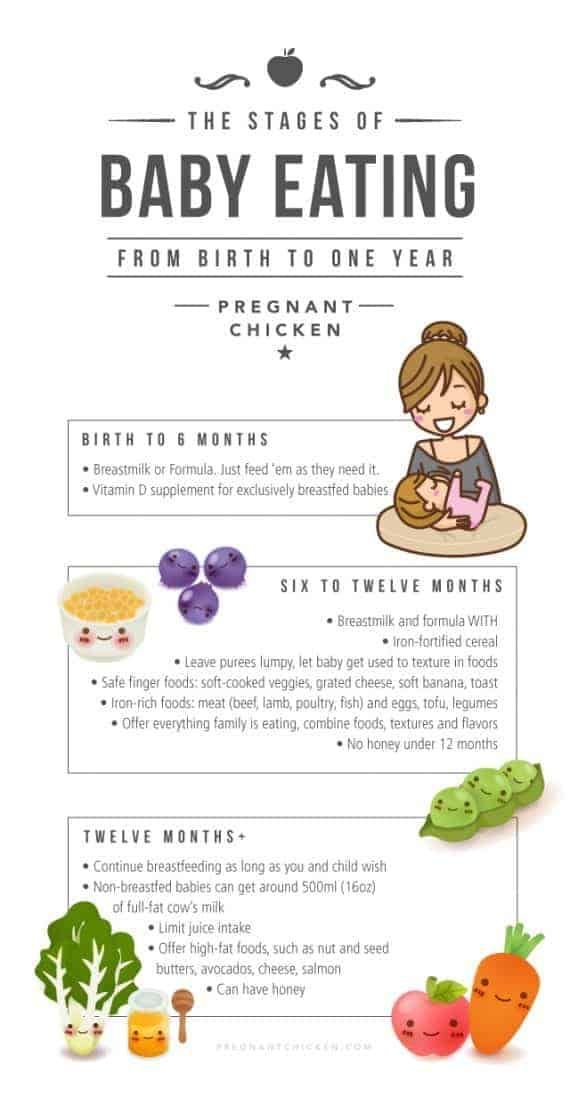
What to Do During Pregnancy to Have an Intelligent Baby?
Having a healthy and smart baby depends on several factors like genes, mother's nutrition during pregnancy, mother's health, and more. Here are a few things that you can do during pregnancy to have an intelligent baby:
1. Exercise
According to research, exercising during pregnancy positively impacts a baby's brain development.
2. Read stories to your baby
Your baby can listen to you in the last trimester of your pregnancy. Reading stories to your baby or talking to them can enhance brain development and help you bond better with your baby.
3. Listen to music
You can listen to soft music. According to UNICEF, listening to music during pregnancy positively influences the baby.
Tips and Precautions
Here are a few tips and precautions that you must keep in mind for your baby's development during pregnancy:
- Consult your doctor frequently.
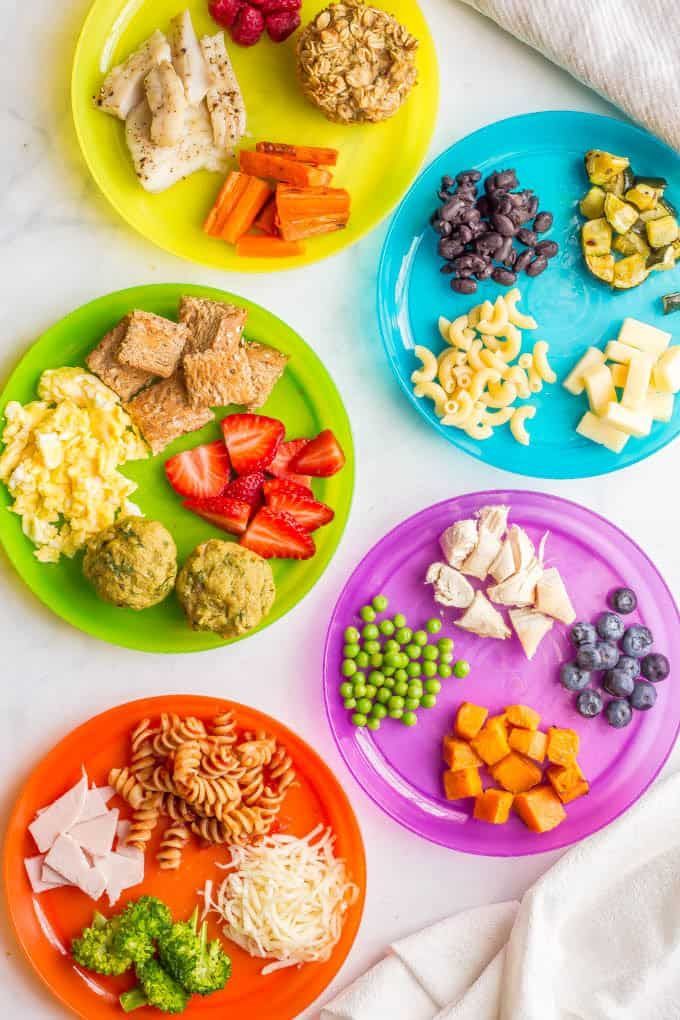
- Eat balanced meals and take plenty of rest.
- Keep yourself hydrated.
- You can also consult your doctor if it is safe to do yoga, light exercises, or meditation.
The following are the things that you must avoid during the pregnancy or breastfeeding period for your baby's proper brain development:
- Smoking cigarettes or chewing tobacco can pass on nicotine and carbon dioxide to the baby. It can cause nerve damage and should be avoided.
- Drinking alcohol should be avoided as it can damage the baby's nervous system.
- Avoid having too many caffeine drinks like coffee, green tea, black tea, and soft drinks because they can cause complications in pregnancy.
- Avoid raw foods and unpasteurised milk or cheese as they can cause bacterial infections.
- Uncooked or raw eggs, fish, and meat should also be avoided.
- If you have a cat at home, you should avoid cleaning the litter box as it can cause an infection called toxoplasmosis, which is harmful to the baby.
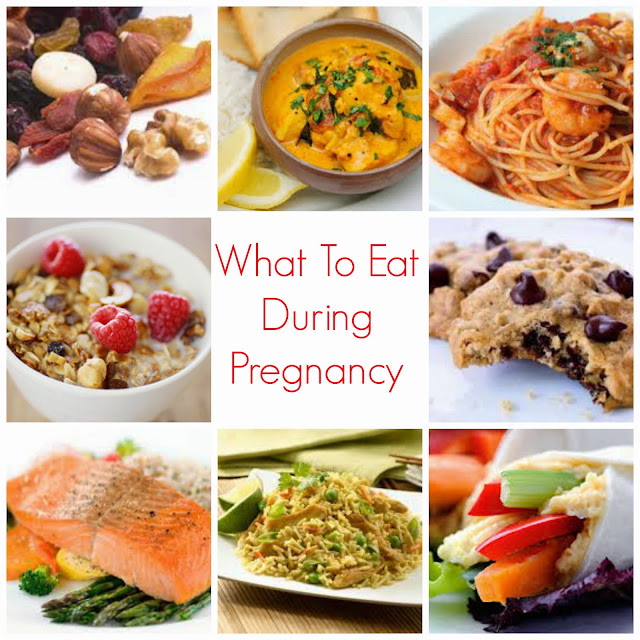
- You should also avoid heavy exercise.
- Avoid having over the counter medicines without a doctor's consultation.
Summing Up on Foods to Eat During Pregnancy to Make Baby Smart
If you want a smart baby, it is vital to focus on your diet throughout the pregnancy. Nutrients like choline, folate, iodine, iron, and vitamin D are essential for your baby's proper brain development. Therefore, you should have foods rich in these nutrients during pregnancy. The most nutritious foods to eat during pregnancy to make the baby smart include eggs, milk and dairy products, legumes, berries, meat, and green leafy vegetables.
FAQs
In Which Month of Pregnancy Does Baby’s Brain Develop?
A baby's brain development begins in the first trimester, usually from the third week of pregnancy, during which the nerve connections start forming. When you reach the second trimester, the brain tissues are formed, whereas, in the last trimester, the cerebral cortex (the left and right brain hemispheres) is formed.
When you reach the second trimester, the brain tissues are formed, whereas, in the last trimester, the cerebral cortex (the left and right brain hemispheres) is formed.
Which Fruit Gives Colour to a Baby During Pregnancy?
The skin colour of the baby is based on genes. However, foods rich in vitamin C like avocado, orange, blueberries, strawberries, and coconut water are believed to give colour to the baby during pregnancy.
Which Area of the Brain Is Well Developed at Birth?
At the time of birth of a child, the five major parts of the brain - cerebrum (responsible for memory and thinking), cerebellum (important for body movement), brain stem (controls involuntary functions like breathing), pituitary gland (releases growth and other hormones), and hypothalamus (regulates sleep, hunger, and thirst) are well-formed.
How Do I Know if My Baby Is Intelligent?
You can notice a few signs to confirm that your baby is intelligent.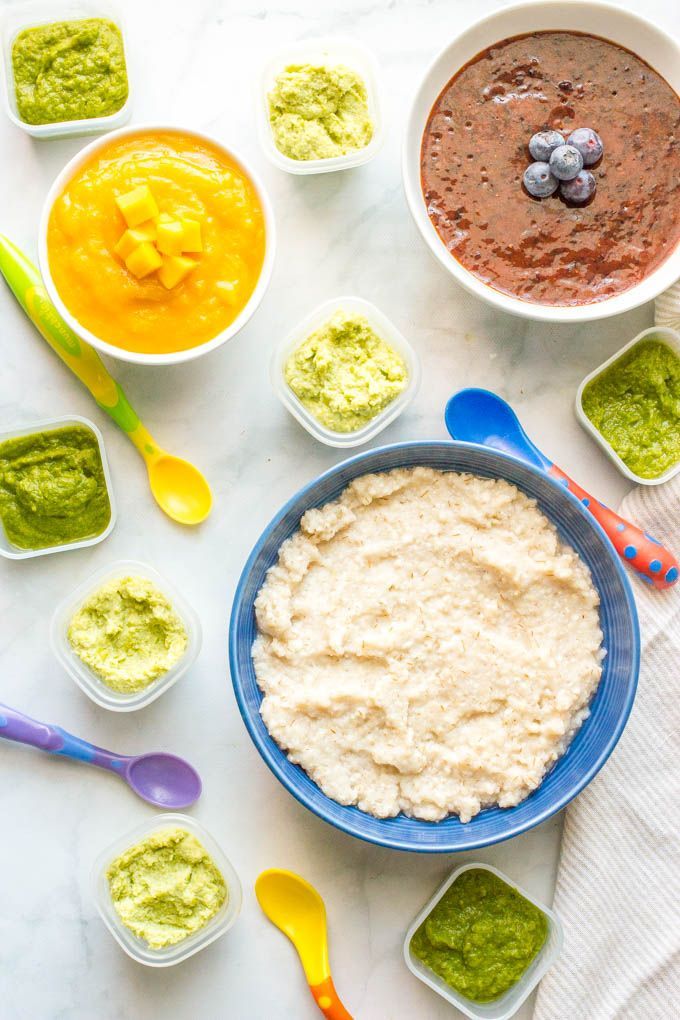 If the baby learns to walk, speak, or eat earlier than other babies at his age, if the baby has a good attention span, is extremely curious and loves to solve problems like trying unique ways to get snacks kept out of their reach, there are high chances that your baby is intelligent.
If the baby learns to walk, speak, or eat earlier than other babies at his age, if the baby has a good attention span, is extremely curious and loves to solve problems like trying unique ways to get snacks kept out of their reach, there are high chances that your baby is intelligent.
References
- Hiten D. Mistry, September 2011; The Importance of Antioxidant Micronutrients in Pregnancy - https://www.ncbi.nlm.nih.gov/pmc/articles/PMC3171895/
- Eamon Fitzgerald, November 2020; Maternal influences on fetal brain development: The role of nutrition, infection and stress, and the potential for intergenerational consequences - https://www.sciencedirect.com/science/article/pii/S0378378220306514
- The Importance of Iodine in Prenatal Brain Development - https://www.usdairy.com/getmedia/32a32c4a-5e31-4f35-80c3-2c64e68dde49/NDC-Iodine-Prenatal-Handout-FINAL.pdf?ext=.pdf
- Loise wang'ondu, September 2017; Improving maternal and infant nutrition to enhance fetal brain development and reduce the risk of brain injury during childhood-a randomized control study - https://www.
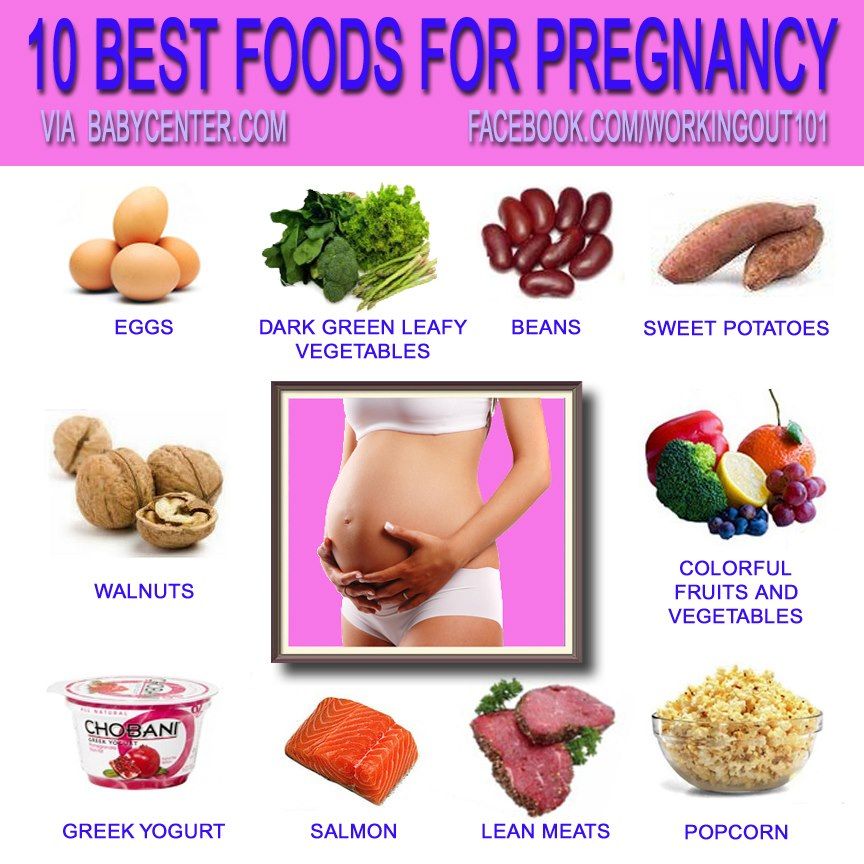 researchgate.net/publication/304175630
researchgate.net/publication/304175630 - Chessa K. Lutter, October 2018; The potential of a simple egg to improve maternal and child nutrition - https://www.ncbi.nlm.nih.gov/pmc/articles/PMC6865885/
- Ayfer Dayi, September 2016; Maternal Aerobic Exercise during Pregnancy Can Increase Spatial Learning by Affecting Leptin Expression on Offspring's Early and Late Period in Life Depending on Gender - https://www.ncbi.nlm.nih.gov/pmc/articles/PMC3458263/
- How music affects your baby’s brain: Mini Parenting Master Class - https://www.unicef.org/parenting/child-development/how-music-affects-your-babys-brain-class
6 foods to make your baby smart
During the first two years of life, your child’s brain grows faster than it will at any other time during his or her life. To maintain this very rapid growth, the brain needs certain nutrients, including healthy fats, DHA, iron, and certain critical nutrients.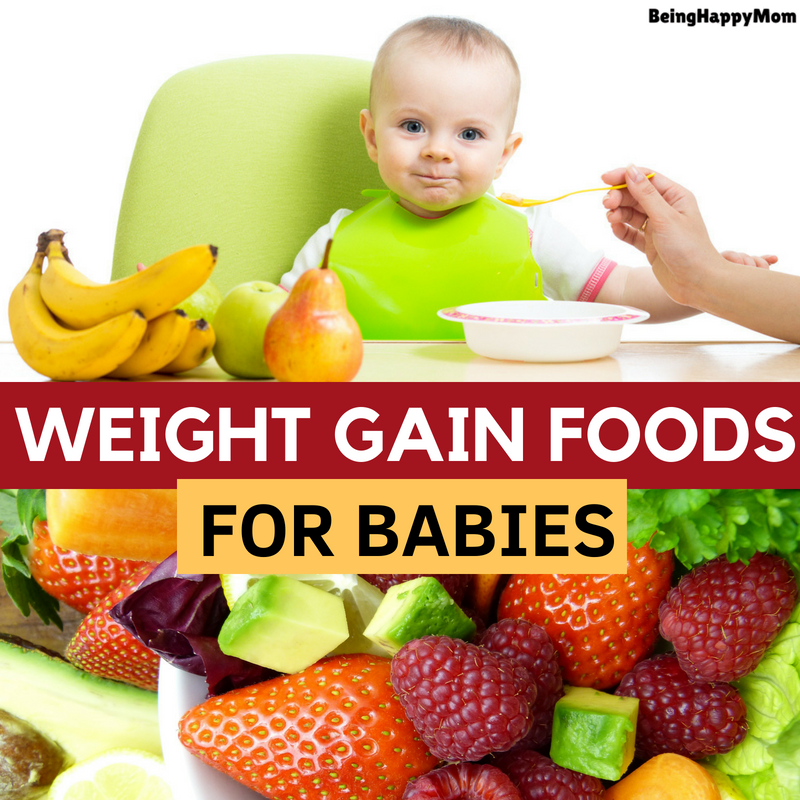
Throughout childhood, nutrients and food are a source of fuel for the brain. What you choose to feed your child can make a difference in the child’s learning, understanding, and memory. Not only is food important, both physical activity and sleep are also key factors in healthy brain development.
Here are six foods that support healthy brain function and development:
1. Blueberries. Full of flavonoids, blueberries help improve memory, learning, and general thinking while slowing the age-related decrease in mental ability.
Quick Tip: Blueberries are an incredibly convenient and versatile food! Include blueberries on cereal, in salads, yogurt parfaits, or just grab a handful. Squish a blueberry a little bit for the new eater.
2. Olives. Eating olives regularly may lead to less brain deterioration over time. The mono-unsaturated fat in olives is used by all cells and promotes the transportation of more oxygen to the brain.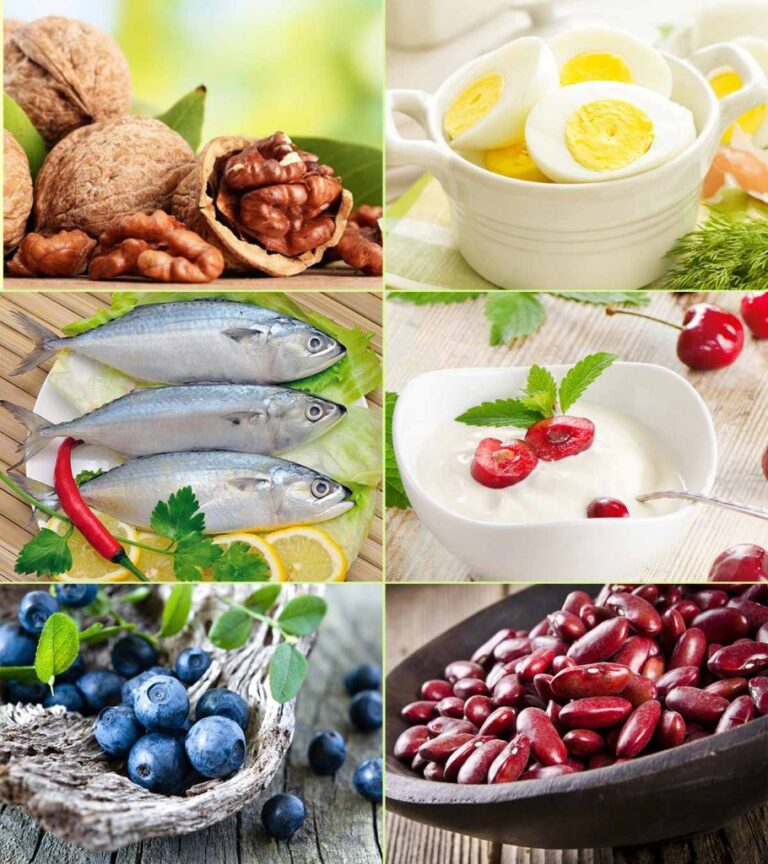
Quick Tip: Use olives as snack food, as a side dish in lunch boxes, or as a pre-dinner appetizer. Chop them for the young eater to prevent choking.
3. Nuts. Nuts have both monounsaturated fats and vitamin E, which protects the brain from degenerative diseases like Alzheimer’s by squelching brain cell–damaging elements called free radicals.
Quick Tip: When your toddler is developmentally ready for a nut butter spread, give it a try. There’s no need to hold off on nuts due to fear of an allergic reaction. The American Academy of Pediatrics recommends the introduction of nuts be developmentally appropriate (a thin spread or fine chop for little ones) and should occur sometime after 6 months of age when other solid foods have been introduced in the diet and tolerated. If you have a high risk for food allergy in your family, discuss the timing of introducing nuts with your doctor.
4.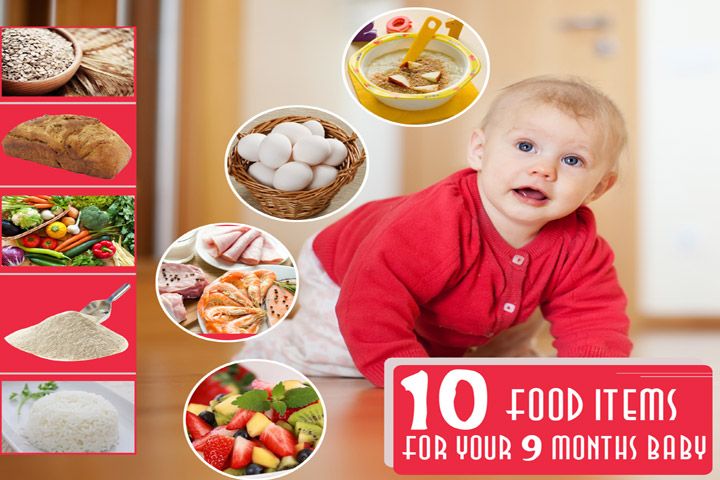 Fish. Eating fish regularly seems to have an effect on brain size (mass) and may slow the aging process of the brain. The oils (omega-3 fats) present in fatty fish enhance problem solving, concentration, and memory.
Fish. Eating fish regularly seems to have an effect on brain size (mass) and may slow the aging process of the brain. The oils (omega-3 fats) present in fatty fish enhance problem solving, concentration, and memory.
Quick Tip: Get the fish habit started early. Cooked fish can be introduced in the first year when baby shows signs of readiness for more textured food. While the goal is two servings per week of fatty fish (e.g., salmon, halibut, mackerel, trout) for adults and older children, one serving a week is acceptable for young children. Make sure fish is cooked and limit mercury-containing fish such as swordfish.
5. Avocado. Naturally rich in healthy fats (omega-3 fatty acids), avocado improves blood flow to the brain, which is a natural way to enhance brain ability.
Quick Tip: Mashed avocado is a great first food for babies. For older toddlers and preschoolers, mash avocado on sandwiches in lieu of mayonnaise, chop into cubes as a finger food, or serve a halved avocado with a spoon and squeeze of lemon juice.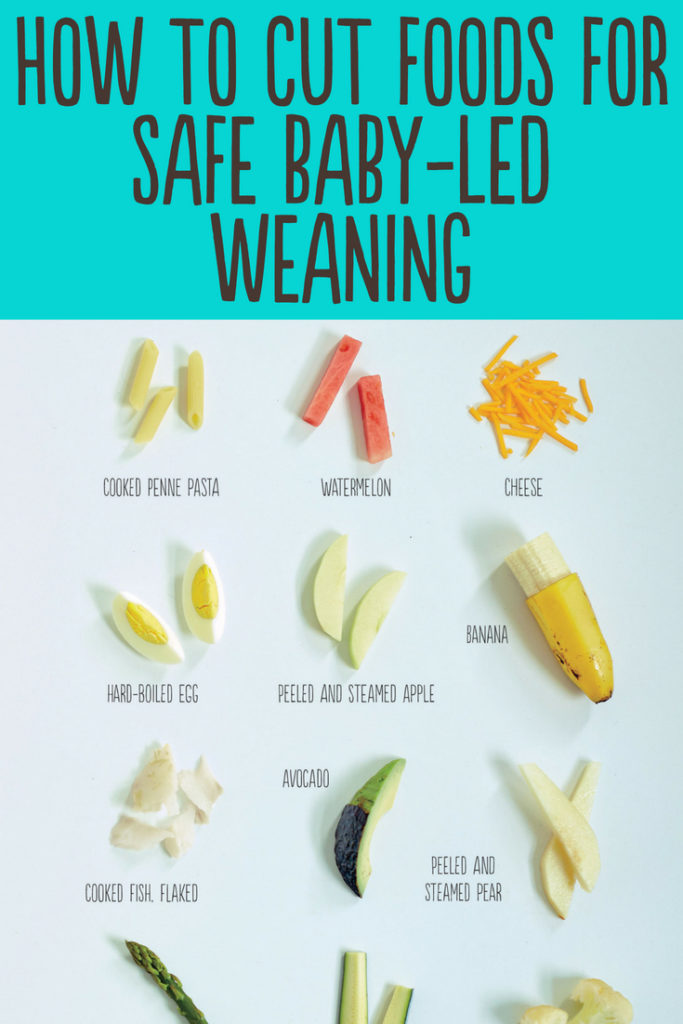
6. Eggs. Children have a developing memory center, which forms during the first 6 years of life. Choline is an important nutrient in this process. One yolk has about 200 milligrams of choline, which meets or nearly meets the needs of children up to 8 years. Eggs also contain iron, folate, and vitamin A and D (if enhanced), which are important for normal growth and development.
Quick Tip: Children can have eggs! The current thinking according to the 2015 proposed Dietary Guidelines for Americans (DGA) is that eggs do not directly cause elevated cholesterol levels in the blood. Try scrambled, poached, hard-boiled, frittatas, quiches, and omelets, and of course, included in baked goods.
Reviewed by Dr. Sara Connolly, September 2020
- The nutrients in food can help your child’s brain growth and development.
- Certain foods contain key nutrients and healthy fats, which help the brain to function optimally.
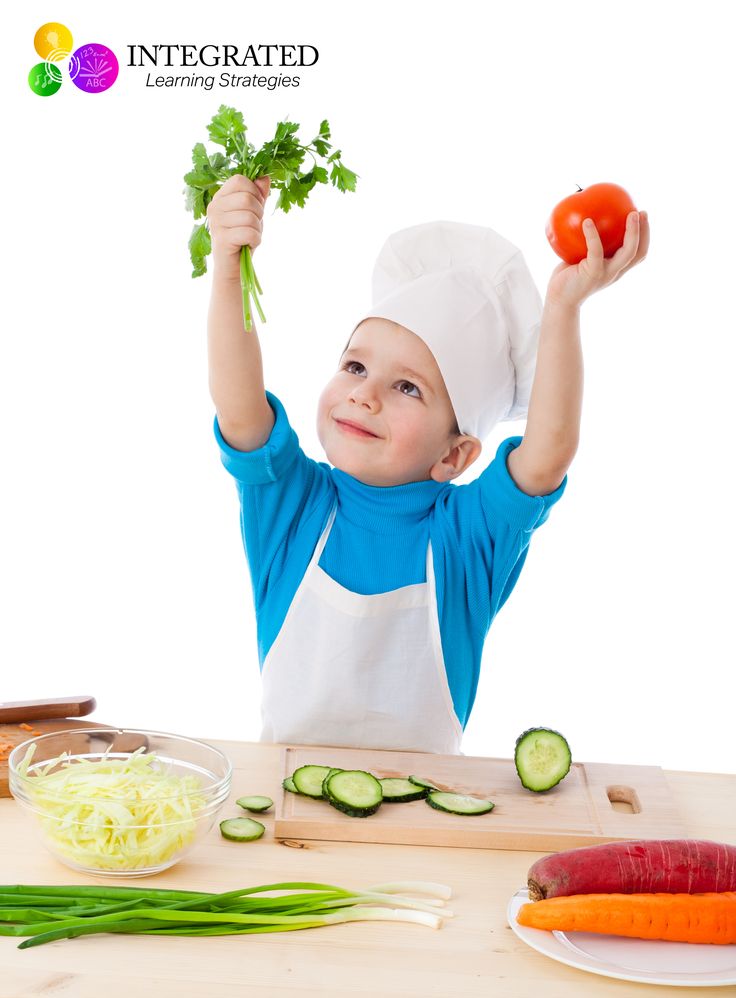
- Be sure to add in smart foods like blueberries, avocados, and even eggs into your child’s diet.
Smart food. What foods do children need to eat so that they study well? | SOCIETY
Tatyana BAKHTIGOZINA
Estimated reading time: 3 minutes
13242
Children must be fed before lessons, as they often do not eat breakfast or lunch at school. / Viktor Krutov / AiF
With the onset of the school year, many parents begin to worry about whether their child has fully eaten at school, or whether he remains hungry. In addition, schoolchildren need to be fed properly at home. What foods do children need to be successful in their studies? Do you need homemade breakfasts and snacks in class? These questions are answered by pediatrician, nutritionist Olga Tsimbalova .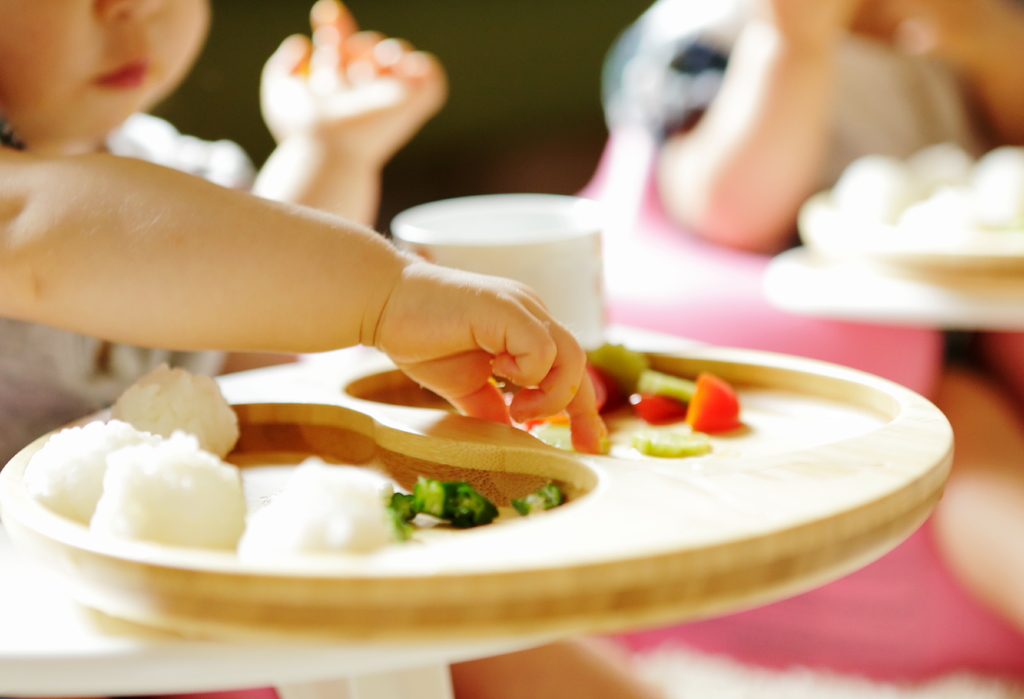
Why breakfast before class?
The child always has breakfast at school. Do I still need to feed him at home in the morning?
Maria, Sosnovoborsk
- Complete nutrition of children is not only their physical but also their mental development, memory, thinking. Especially dangerous at this age is the deficiency of complete protein.
And the nutrition of schoolchildren is a problem that must be solved by joint efforts with children. This is especially true for first graders. It is distressing and disturbing that a large percentage of children do not eat breakfast at home. When questioning schoolchildren, when asked why they don’t have breakfast, the children answer: I don’t have time, no one cooks, my mother is sleeping - I don’t want to wake her up. nine0005
Dear parents, I encourage you to feed your children breakfast at home. Even if you pay for school breakfasts, children eat thirty percent of them. Breakfast before class awakens the body and sets it up for action.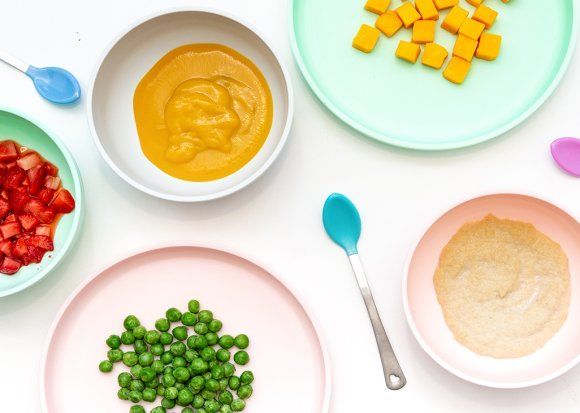 By the first lesson, the brain already receives the necessary dose of glucose and effectively starts the processes of memory and thinking.
By the first lesson, the brain already receives the necessary dose of glucose and effectively starts the processes of memory and thinking.
It is difficult to feed healthy foods to modern children. But you can always find a middle ground. You can cook cottage cheese with sour cream, cheesecakes, cottage cheese casserole, scrambled eggs, scrambled eggs, milk porridge, cheese sandwich, sandwich with boiled meat and fresh cucumber, etc.
Don't go ahead of the salad. Why is the order of meals important? More
Do you need a snack?
I pay for my children both breakfast and lunch at school. Do I also need to bring snacks with me?
Inna, Krasnoyarsk
- Yes, a student needs a snack after the third lesson. It can be drinking yogurt, cottage cheese, fruit, nuts, cheese sandwich or any boiled meat. If there is physical education on this day, then you can put a chocolate bar in the child’s satchel.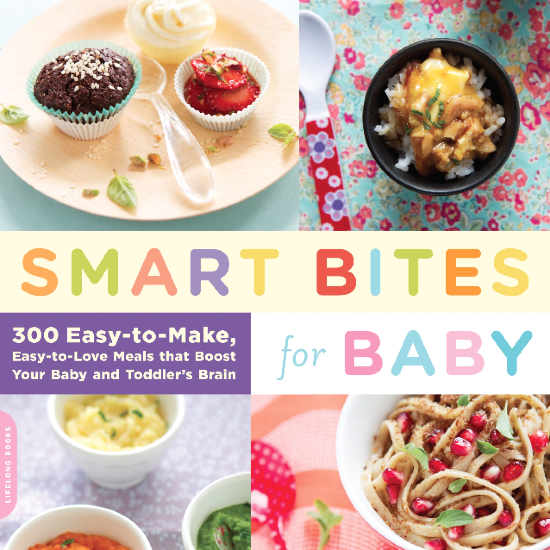 nine0005
nine0005
Drinking regime is important. Teach your child to drink plain water at every break. Schools have drinking fountains for this purpose, and coolers are installed in many classrooms. You can also bring your child to school with a bottle of water.
Leave without sweets. How to teach a child to eat healthy More
What to have for dinner?
My son is at school all day: he goes to the extension. I'm afraid he's still not eating properly. How to compensate for the lack of "usefulness" in the evening at dinner? nine0017
T. Kuznetsova, Uyar
- If your child stays for an extension, then a school lunch cannot be avoided. These meals are mostly carbohydrate (pilaf, pasta, buckwheat) combined with a small amount of meat or sausages. Therefore, children should be fed protein dishes for dinner: homemade minced meat cutlets, fish, meat, chicken, combined with vegetables. Be sure to give more fruit.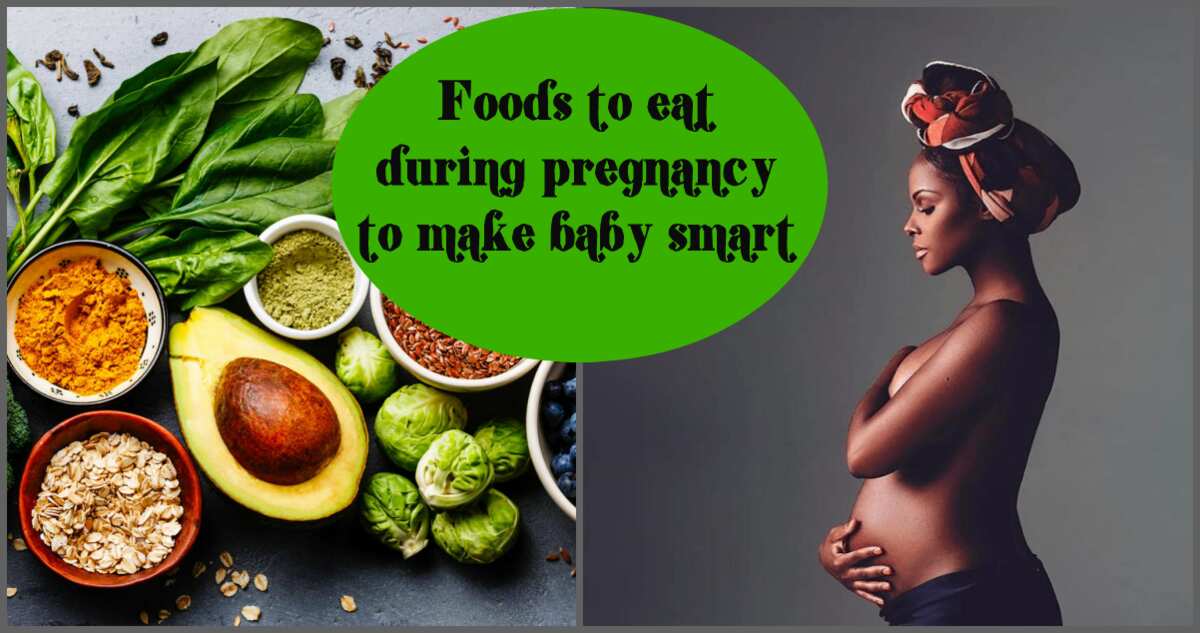
Not eating after six? Why are night snacks dangerous? Read more
Keep in mind that school-age children need extra vitamins and minerals. Iodine, vitamin D, Omega-3 fatty acids are especially needed. These substances improve the mental activity of the child.
school meals
Next article
You may also be interested in
- Mayor Sergei Eremin showed twin daughters who went to first grade nine0091
- Psychologists will work with children from Kamenka, where the explosions occurred
- More than 13 thousand Krasnoyarsk schoolchildren will receive subsidized meals nine0091
- An author's menu was created in the Krasnoyarsk kindergarten
- Pediatric endocrinologist told how to teach a child to eat healthy nine0091
News smi2.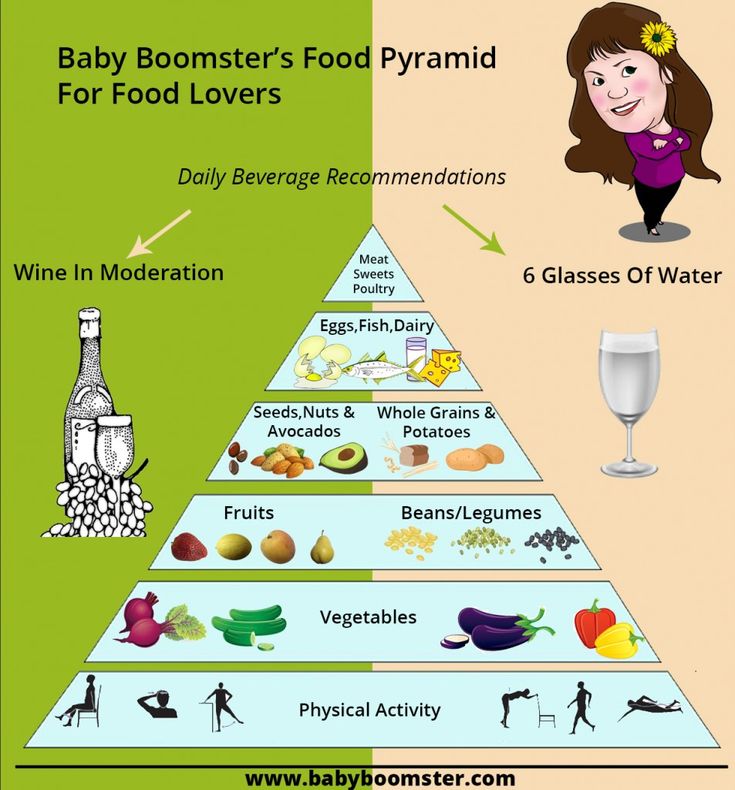 ru
ru
Ten healthy foods that must be in the child's diet • INMYROOM FOOD
Every mother takes care of her child, and this care is reflected in many things. For example, in the preparation of a competent and balanced diet.
It's no secret that a young body is in dire need of vitamins, minerals and other useful substances. This is a guarantee that your child will grow up big and healthy. Strong immunity and proper nutrition will help to resist the harmful effects of the environment, activate mental activity and, as a result, easily cope with school workloads. nine0005
For loving mothers, we have compiled a list of 10 healthy foods that you should definitely include in your child's diet so that he grows up healthy and strong.
1. Nuts and nut butter
Products that are similar in value to nuts can be counted on the fingers of one hand. Nuts are a real storehouse of vitamins and minerals.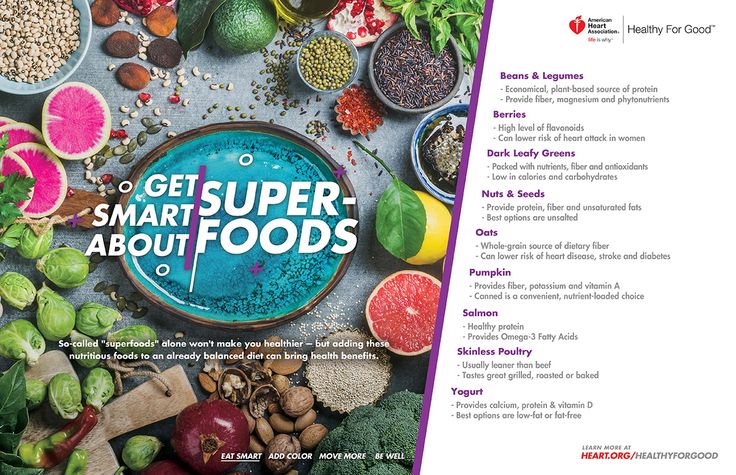 They are especially rich in vitamin E, which increases the body's defenses and strengthens the immune system, as well as calcium and iron, which are very important for the body to grow strong and strong. nine0005
They are especially rich in vitamin E, which increases the body's defenses and strengthens the immune system, as well as calcium and iron, which are very important for the body to grow strong and strong. nine0005
This product must be in the diet of every schoolchild. You should eat nuts and younger children. If your baby is already familiar with fruits, vegetables and cereals, then you can and even need to introduce nuts into the diet. The only question is in what form, because nuts are a fairly solid food.
An excellent solution is nut butter. It should be added in small amounts to cereals or purees. You can buy nut butter in the supermarket, but it is better to cook this product at home. Moreover, it is not so difficult. Pour the nuts in an even layer on a baking sheet and bake in an oven preheated to 180 degrees for 25 minutes. After that, grind the nuts in a blender until they acquire a paste-like consistency. This will happen in about 5-15 minutes - it all depends on the power of your blender.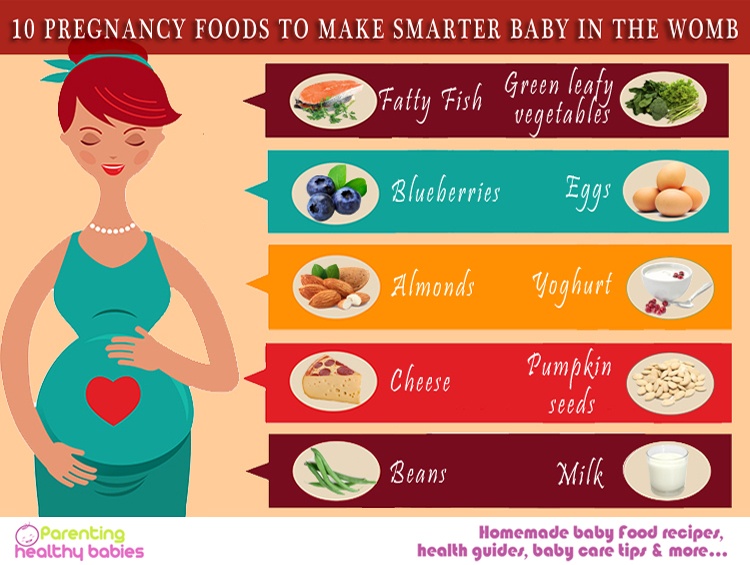 If desired, honey can be added to the paste. It should be stored for no more than 2 weeks in a closed form in the refrigerator. nine0005
If desired, honey can be added to the paste. It should be stored for no more than 2 weeks in a closed form in the refrigerator. nine0005
2. Chicken eggs
Chicken eggs are very healthy for children. In their composition, you can find 12 vitamins that the body needs for normal life. These are, for example, vitamins A, D, E, group B. Eggs also contain minerals in large quantities: calcium, phosphorus, iodine, copper, iron, cobalt. There is a lot of fat in the egg yolk, but these are polyunsaturated fatty acids that only benefit the body.
Chicken egg is perfectly absorbed by the human body, so this product must be included in the diet. Eggs will be a great breakfast for your kids. They charge the body with energy and vitality and provide a feeling of satiety for a long time. From them you can cook a large number of delicious dishes: scrambled eggs, scrambled eggs, egg pudding. nine0005
3. Butter
If you watch your figure and get scared at the mere mention of the word "fats", this does not mean at all that they are completely contraindicated for your child.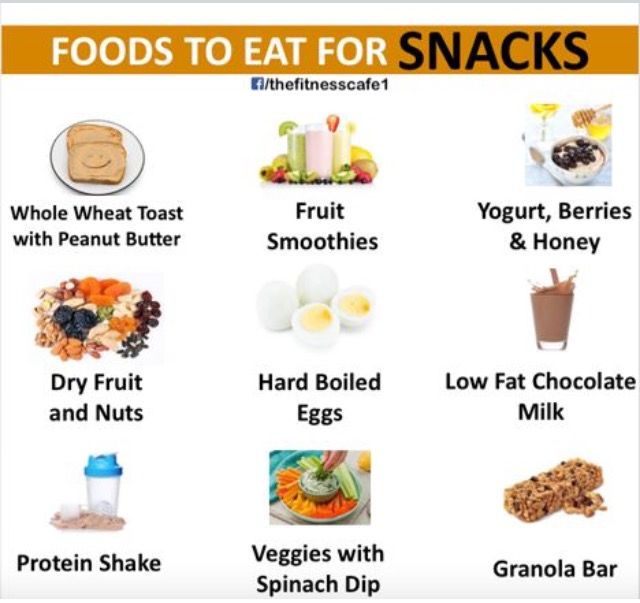 It has been scientifically proven that under no circumstances should saturated fats and "correct" cholesterol be excluded from the diet of children under 2 years old - they play an important role in the development of the child's brain and nervous system. Give preference to organic oil and, in consultation with the pediatrician, introduce it into the diet, adding a small amount to baby food. Of course, we are talking about the moment when your child has already mastered one-component purees. nine0005
It has been scientifically proven that under no circumstances should saturated fats and "correct" cholesterol be excluded from the diet of children under 2 years old - they play an important role in the development of the child's brain and nervous system. Give preference to organic oil and, in consultation with the pediatrician, introduce it into the diet, adding a small amount to baby food. Of course, we are talking about the moment when your child has already mastered one-component purees. nine0005
Our mothers and grandmothers were carriers of valuable information about butter on an intuitive level. There is, perhaps, not a single schoolboy of past years who would not eat sandwiches with butter in the morning. And this makes sense. Fats help to maintain a feeling of satiety for a long time, it is better to absorb fat-soluble vitamins and make food tastier. The result is happy students and good grades.
4. Beans and lentils
Legumes are an important source of vitamins.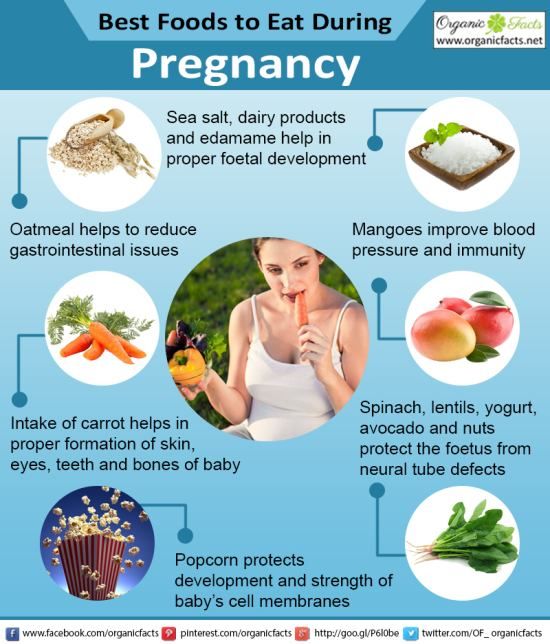 Particular attention in the preparation of a child's diet should be paid to beans and lentils. They contain many vitamins and minerals - iron, zinc, manganese - and other useful substances, such as folic acid. In terms of protein content, beans and lentils are very close to meat products. If you want to add variety to your diet while still maintaining its nutritional value, legumes are a good alternative. nine0005
Particular attention in the preparation of a child's diet should be paid to beans and lentils. They contain many vitamins and minerals - iron, zinc, manganese - and other useful substances, such as folic acid. In terms of protein content, beans and lentils are very close to meat products. If you want to add variety to your diet while still maintaining its nutritional value, legumes are a good alternative. nine0005
To make beans and lentils easier and faster to cook, soak them in water overnight. In the morning, beans should be strained and boiled until soft. If you're cooking red lentils, you don't need to soak them, as they cook fairly quickly. Legumes can become both an independent side dish and an integral ingredient in various soups and vegetable stews.
5. Fish
Everyone knows about the beneficial properties of fish and its importance for a child. Fish is an important source of vitamins, minerals and other nutrients. nine0005
It contains omega-3 polyunsaturated fatty acids, which are responsible for cell growth, help strengthen bones and improve vision, play an important role in brain development and enhance mental activity, and increase the body's defenses. All these important properties make fish such a useful and indispensable product in the children's diet.
All these important properties make fish such a useful and indispensable product in the children's diet.
6. Herbs and spices
Childhood is not a reason to refuse herbs and spices. Add them to the meals you cook for your children. They will help make the dish tastier and more interesting, bring variety to the usual menu and saturate food with additional vitamins and minerals. Herbs are a valuable source of vitamin E and strengthen the immune system, while spices improve the functioning of the digestive system and have a positive effect on the overall tone of the body. nine0005
Popular and healthy combinations: fruit puree with cinnamon, cauliflower with nutmeg, meat sauce with caraway or oregano, vegetables or chicken with thyme, avocado with cilantro, fish with parsley and lemon.
7. Tofu
Tofu is basically soy milk curd. The process of making it is very similar to the process of making cheese. Therefore, sometimes tofu is referred to as cheese. Already from the definition it is clear that this product is very useful.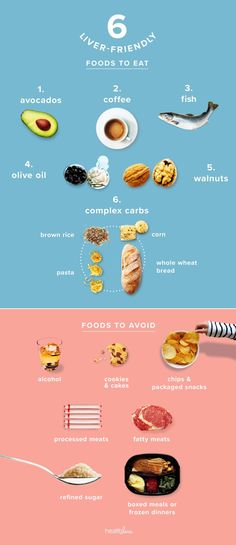 It contains a large amount of iron, zinc and a lot of protein. This product has a high energy value. No wonder it forms the basis of vegetarian nutrition. All of the above facts make tofu a product that is ideal for children. nine0005
It contains a large amount of iron, zinc and a lot of protein. This product has a high energy value. No wonder it forms the basis of vegetarian nutrition. All of the above facts make tofu a product that is ideal for children. nine0005
Tofu can be cooked in a variety of ways. Choose the one that will appeal to your child: bake, boil, fry. Tofu can become both an independent and very nutritious snack, and one of the ingredients in delicious desserts.
8. Wheat bread
A child is nowhere without bread. Choose for your child wheat bread or options with seeds and bran.
Some parents believe that eating a lot of bread is bad for children, because this product contains gluten and this can lead to the development of celiac disease, a chronic disease of the intestines and digestive system. However, there are also studies that prove that completely eliminating bread from the diet of children is not advisable, because, on the contrary, it can increase the risk of developing this disease.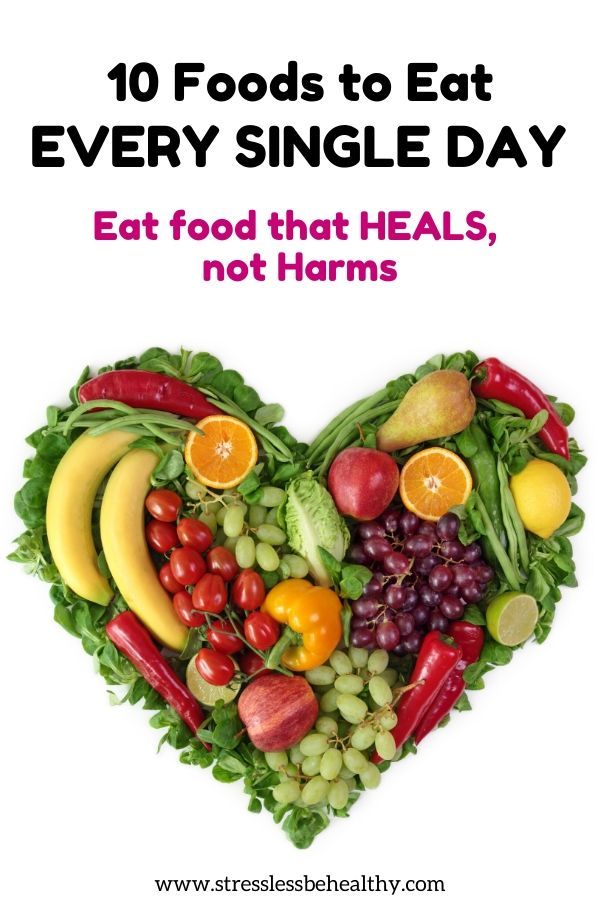 Therefore, bread should be included in the child's diet, but in moderation, although in principle your child will not eat more than necessary. nine0005
Therefore, bread should be included in the child's diet, but in moderation, although in principle your child will not eat more than necessary. nine0005
Bread can also be replaced with whole grain breads and biscuits, as well as wheat flakes. The latter will be the perfect breakfast in the company of low-fat milk.
9. Natural yoghurt
Yogurt is not only delicious, but also healthy. All children are not indifferent to this product and gobble it up with great pleasure. And parents are only happy, because yogurt contains a large amount of vitamins, calcium, and other useful substances that help the child grow up healthy and smart. nine0005
However, it is important to clarify here that yoghurts, which are in great abundance on the shelves of supermarkets, are not a very healthy product for your child. Jars of dyes and flavors contain too much sugar in their composition. Choose natural yoghurts for your child without additives. You can sweeten them with natural delicacies - for example, berries and fruits, honey, syrups.